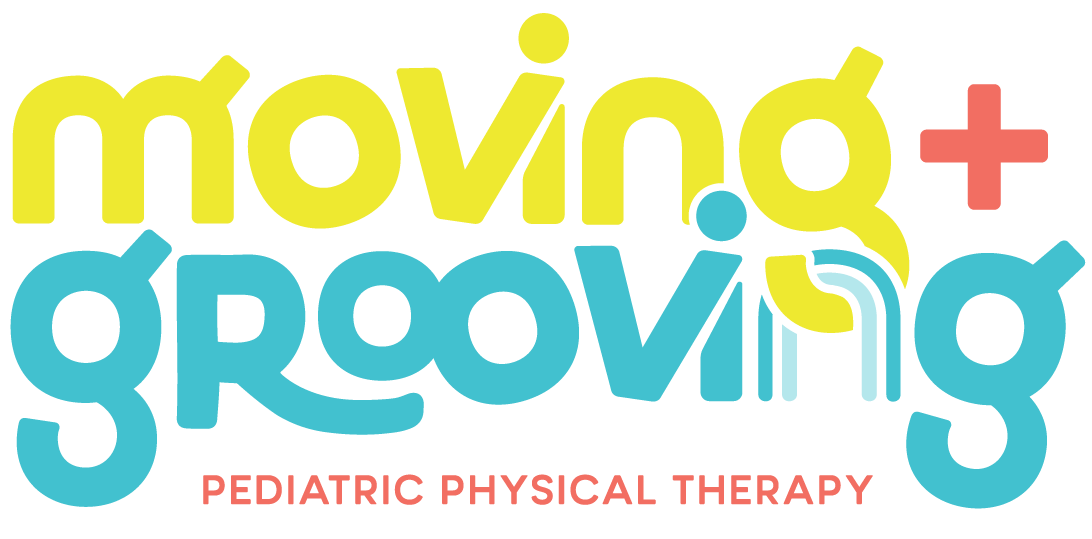Introduction to Infant Physical Therapy
In the tender early years, an infant’s physical development is pivotal to their future health and abilities. Infant physical therapy in Mesa is a purpose-built intervention that can catalyse an infant’s progress in reaching developmental milestones, honing motor skills, and tackling any looming physical challenges.
The Scope of Infant Pediatric Physical Therapy
A distinguished branch of physical therapy, infant pediatric physical therapist works magic in bolstering the physical development of infants. These specialists employ an array of tactics to enhance infants’ motor skills, fortitude, and dexterity. Moreover, they empower parents by instructing them on how they can contribute to their infants’ development at home.
The Multitude of Benefits
Infant physical therapy Mesa is a treasure trove of advantages for your little one. These include:
- Reaching Developmental Milestones: Assisting infants at risk of developmental lag or those already diagnosed with developmental setbacks.
- Augmenting Motor Skills: Aiding in the enhancement of vital gross motor skills such as crawling, walking, and running.
- Confronting Physical Challenges: Tailored interventions for infants with physical conditions like cerebral palsy, spina bifida, torticollis, or muscular dystrophy.
- Elevating Quality of Life: Enabling infants to lead a more energetic and self-reliant lifestyle.
Techniques Employed by Infant Pediatric Physical Therapists
- Exercises: The therapists might recommend exercises for the infants which can be carried out at home or during therapy sessions. This can fortify muscle strength, coordination, and mobility.
- Therapeutic Activities: The use of engaging activities such as playing with toys or swimming to stimulate development.
- Proper Positioning: Educating parents on positioning techniques that can foster infant development.
- Soft Tissue Massage: Utilization of massage techniques to help infants relax and enhance their range of motion.
Duration of Intervention
The timespan for Mesa infant physical therapy is contingent upon the unique requirements of each infant. It may range from a few weeks to several months or even years, depending on the child’s needs.
Conclusion: Partner with Moving and Grooving Pediatric Physical Therapy
Infant physical therapy is an invaluable asset in guiding infants towards achieving their developmental milestones and bolstering their physical health. If you harbor concerns regarding your child’s development, consult your physician about a referral to an infant pediatric physical therapist. In Mesa, entrust your child’s future to Moving and Grooving Pediatric Physical Therapy, where we cultivate an environment for your infant to thrive in.
FAQs: Frequently Asked Questions
- At what age can infants start physical therapy?
Infants can start physical therapy as early as a few days old if there are concerns about their physical development. Early intervention is crucial to address any potential challenges and promote healthy growth.
- How long do infant physical therapy sessions typically last?
The duration of infant physical therapy sessions can vary depending on the infant’s needs and the treatment plan. Sessions typically range from 30 minutes to an hour.
- Are parents involved in infant physical therapy sessions?
Yes, parents are encouraged to actively participate in infant physical therapy sessions. Therapists provide guidance and education to parents, empowering them to continue therapy exercises at home.
- How long does infant physical therapy last?
The duration of infant physical therapy varies based on the infant’s individual needs and progress. Therapy may continue for several months or longer, depending on the specific goals and developmental milestones.
- Can infant physical therapy help with conditions such as cerebral palsy?
Yes, infant physical therapy can be beneficial for infants with conditions such as cerebral palsy. It aims to improve motor skills, mobility, and overall quality of life for infants with various physical challenges.
